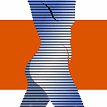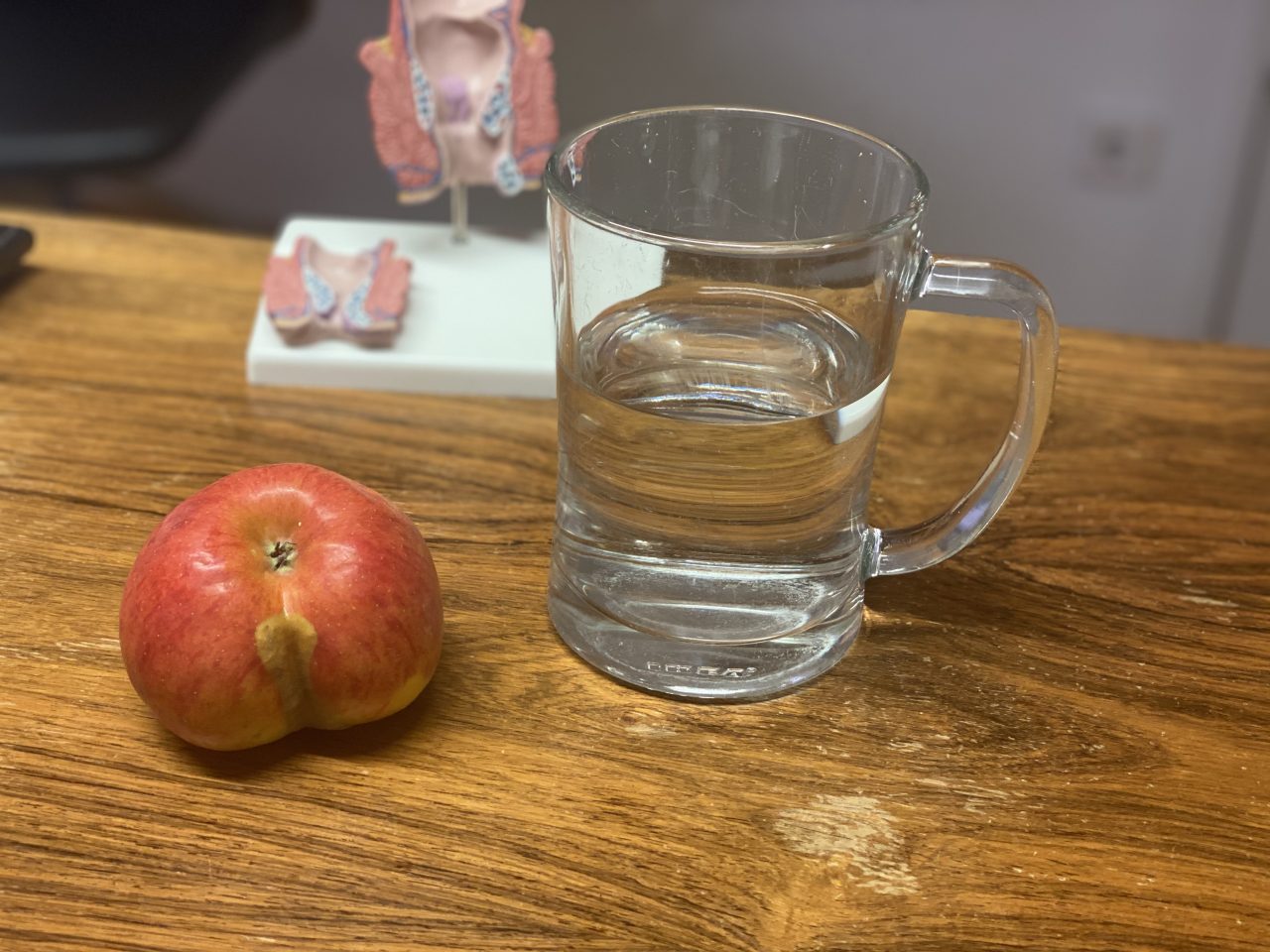There are many foreign words for bowel disorders: constipation, constipation, coprostasis.
No matter what you call it; disorders of bowel emptying are annoying, worrying, sometimes even painful.
But first, to get to grips with all the terms, here is a little explanation:
Constipation – Temporary reduction in the frequency of bowel movements.
Obstipation – Emptying the bowels no more than 2-3 times a week. Exists for a longer period of time
Coprostasis – No bowel movement
About 20% of Germans suffer from constipation, among them more women than men, and unfortunately the list of causes is very long but often more harmless than feared:
- Wrong diet
- Change of diet
- Unfamiliar food
- Change of climate
- Too little fluid intake
- Little physical exercise
- Stress, habitual constipation (“shitting at home”)
- Metabolic disorder
- Hormones
- Adhesions
- Psychosomatic causes – e.g. enlarged haemorrhoids lead to a feeling of fullness and thus constipation
- Disease
A little more exercise, less sugar, drink more water, include fruit and vegetables in your diet and you will often be relieved of constipation quickly and in a much healthier way than pushing on the toilet or even with the help of medication, which often has undesirable side effects.
Especially now in the Corona Lockdown and with the wet and cold weather, we sit a lot in our warm, cosy home or for work in our home office and the circulation or bowels don’t really get going.
The many online sports offers encourage us to exercise more, but after an initial high level of motivation, comfort often quickly takes over again.
Exercise and sport stimulate our entire body and senses.
So does a healthy, fibre-rich and balanced diet.
Even if you’re sitting at the computer and the bag of crisps or packet of biscuits is opened more quickly and within reach….
A yoghurt with muesli, a small salad, fresh spelt or wholemeal bread garnished with salad, vegetables, cheese, fish or a bit of cold cuts is healthier and satisfies hunger better. Vegetables and fruit contain soluble fibre, called prebiotics, and improve digestion. They swell in the intestine and soften the stool. The intestine reacts to this by emptying more quickly.
Cereals and legumes, which are insoluble fibres, are just as important for our digestive system. They are hardly broken down by the bacteria in the intestinal flora and increase the volume and thus the movement in the intestine.
Very important(!): The intestine is very happy about slow and intensive chewing. In this way it is prepared for the incoming activity and can concentrate more on the utilisation of vitamins and minerals and produces less air and gases.
If, in addition to exercise, a healthy and balanced diet, and the intensive chewing of food, we also drink enough water, that is from 1.5 – 3 litres, then our intestines are in 7th heaven. Because often the feeling of hunger is deceptive and the body actually only needs the liquid supply.
If you also want to eat something that aids digestion and you are not lactose intolerant, you can use fermented milk products such as buttermilk, kefir or yoghurt, because the lactic acid they contain stimulates intestinal movement. Psyllium seeds are also a good support.
It is important for a well-functioning bowel not to suppress bowel movements. When you go to the toilet, you should do your business relatively quickly; longer sessions of reading the newspaper or surfing on your mobile phone lead to enlarged haemorrhoids.
….A healthy and well-functioning bowel makes us happy. Even regular relief on the toilet, i.e. our habitual rhythm, ensures our mental balance.
Do you have any questions? Please feel free to write us your experiences or topic requests.
We wish you a healthy and beautiful wee

